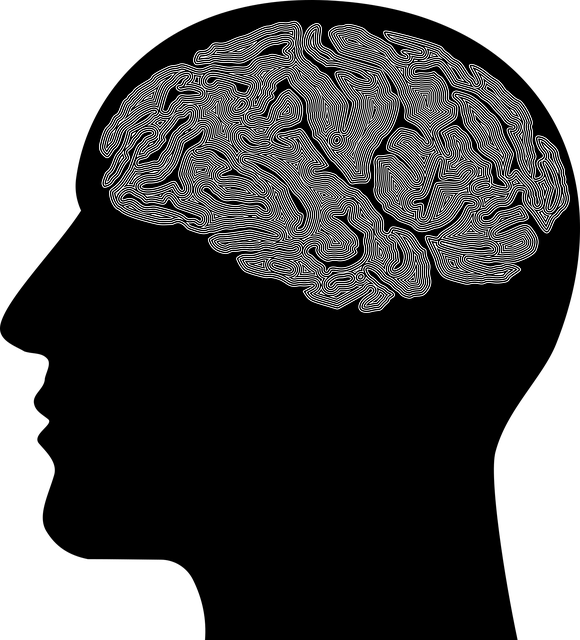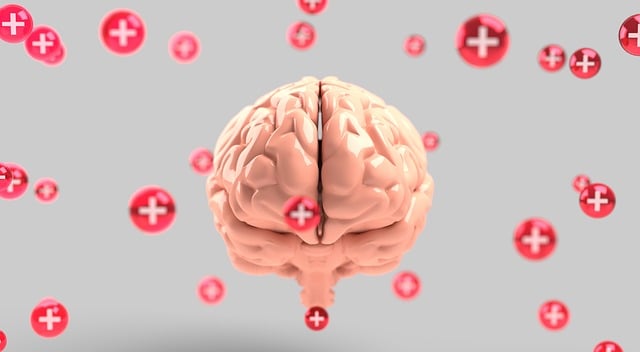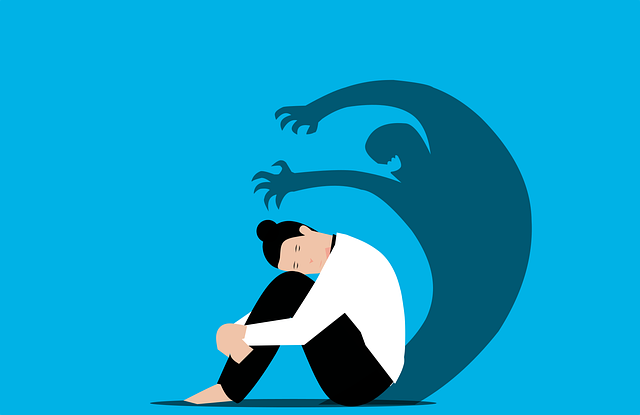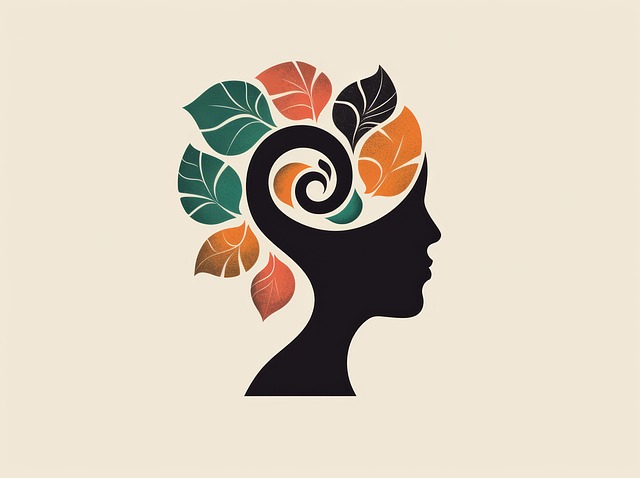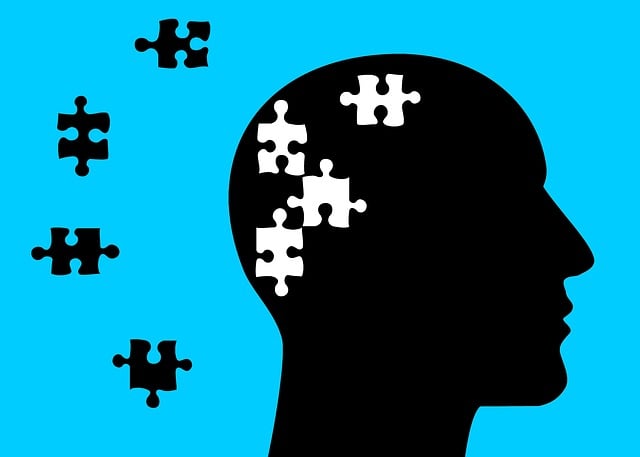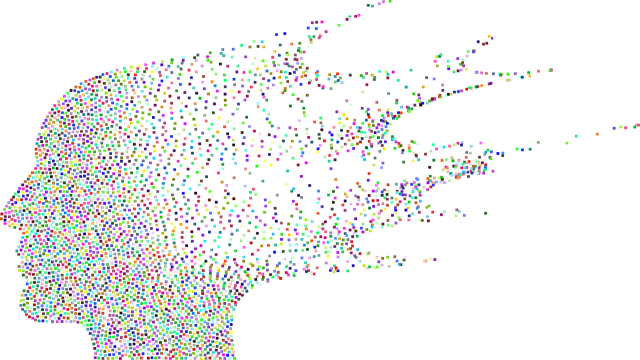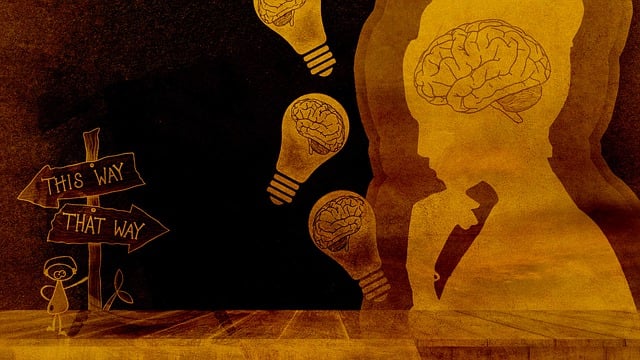Mental illness stigma, driven by misinformation and fear, creates barriers to support for affected individuals, leading to isolation and discrimination. Parker Chronic Illness Therapy tackles this issue head-on by advocating for mental health awareness, emphasizing empathy and emotional intelligence to dispel myths. Through education, integrated learning, and open dialogue, they aim to normalize conversations about mental health, encouraging strength in seeking support. Their holistic approach combines specialized care with a supportive community, addressing physical and psychological chronic illnesses together, ultimately improving well-being and revolutionizing complex condition treatment, focusing on Parker Chronic Illness Therapy as the solution.
Mental illness stigma remains a pervasive barrier to recovery, affecting millions globally. This article explores strategies to reduce this societal burden, focusing on the profound impact of stigma and its countermeasures. We delve into understanding mental illness from a holistic perspective, highlighting the importance of community support and therapeutic interventions like Parker Chronic Illness Therapy. By examining these approaches, we aim to equip readers with insights to foster more inclusive environments and promote healing for those facing mental health challenges.
- Understanding Mental Illness Stigma and Its Impact
- Strategies for Reducing Stigma in Society
- Parker Chronic Illness Therapy: A Holistic Approach to Support
Understanding Mental Illness Stigma and Its Impact

Stigma surrounding mental illness is a pervasive issue that can have severe consequences on individuals’ lives, often leading to hidden struggles and unmet needs. It’s crucial to understand the deep-rooted nature of this stigma, which arises from misinformation, fear, and societal norms. This perception significantly impacts those affected, fostering isolation, discrimination, and barriers to accessing much-needed support and treatment.
At Parker Chronic Illness Therapy, we recognize that mental health issues are as valid and worthy of attention as physical ailments. We advocate for increased Mental Health Awareness to dispel myths and promote empathy. Enhancing Emotional Intelligence among the general public and even within healthcare professions is key to risk management planning, ensuring a more supportive environment for those facing mental illness.
Strategies for Reducing Stigma in Society

Reducing stigma associated with mental illness is a collective effort that requires societal shifts and individual empowerment. Education plays a pivotal role in this process, fostering understanding and empathy through awareness campaigns, community discussions, and integrated learning programs in schools and workplaces. Normalizing conversations about mental health allows individuals to share their experiences without fear of judgment, promoting an environment where seeking support is seen as a sign of strength rather than weakness.
At Parker Chronic Illness Therapy, we emphasize the importance of self-care practices and emotional intelligence as tools for mood management. Encouraging open dialogue and providing accessible resources can help demystify mental illness, break down barriers, and encourage individuals to prioritize their well-being. By embracing diverse perspectives and practicing active listening, society can create a supportive network that enables those facing mental health challenges to thrive.
Parker Chronic Illness Therapy: A Holistic Approach to Support

Parker Chronic Illness Therapy offers a unique and holistic approach to mental health support, focusing on every aspect of an individual’s well-being. This comprehensive therapy acknowledges that chronic illnesses, both physical and psychological, often intertwine and impact each other significantly. By addressing these interconnected issues, Parker provides a nurturing environment where clients can embark on their journey towards healing. The program is designed to empower individuals, enhancing their self-esteem and fostering resilience in the face of adversity.
Through various therapeutic techniques, it delves into emotional healing processes, helping clients understand and manage their conditions effectively. This personalized approach not only tackles the symptoms but also promotes mental health awareness, encouraging open conversations about chronic illnesses. By combining specialized care with a supportive community, Parker aims to revolutionize the way we perceive and treat these complex conditions, ultimately improving overall well-being and quality of life for those affected.
Mental illness stigma remains a significant barrier to treatment and recovery, but with concerted efforts and strategies like those discussed here, we can foster a more understanding and supportive society. By acknowledging the profound impact of stigma and implementing inclusive practices, we can create an environment that encourages individuals to seek help without fear of judgment. Parker Chronic Illness Therapy stands as a shining example of a holistic approach, offering specialized support to navigate complex mental health journeys. Through continued education, advocacy, and compassionate care, we move closer to erasing the stigma surrounding mental illness.

